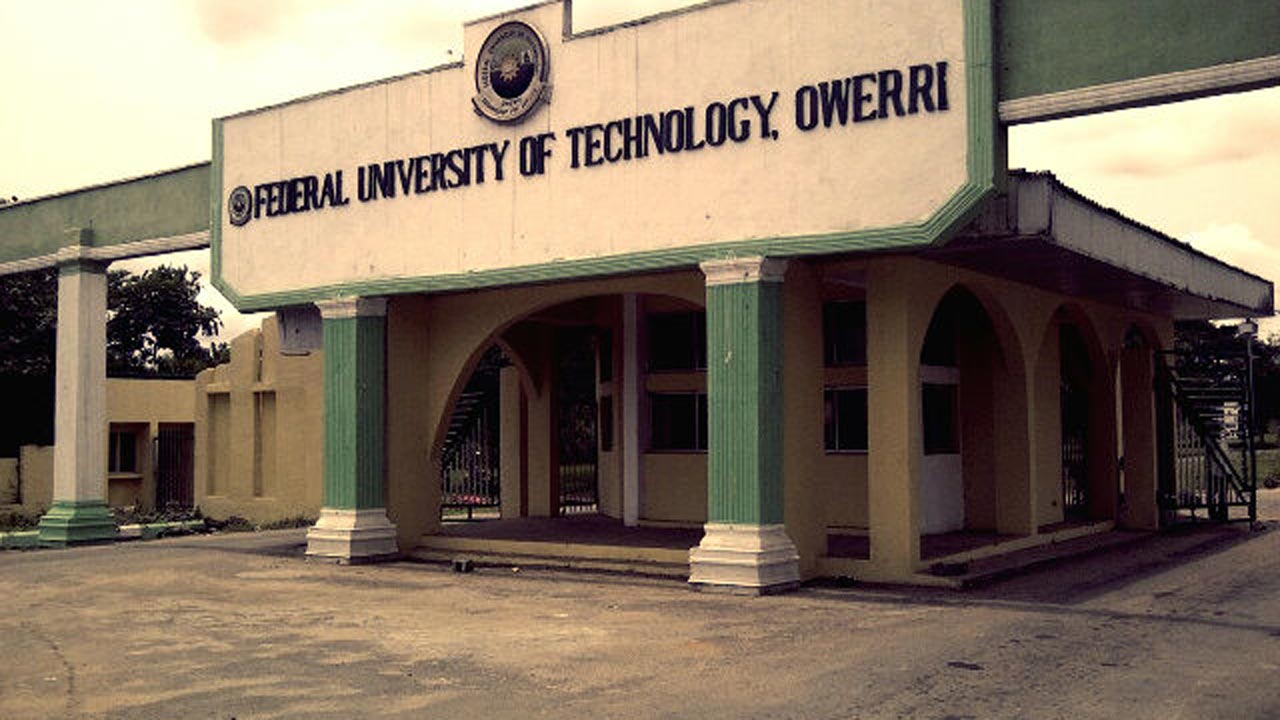Nigeria’s push to strengthen and modernise its energy sector is receiving strong scientific support as a researcher and petroleum geochemist, Dr Omonigho Khalin Egbo, seeks new evidence and data to guide national energy reforms.
Speaking with The Guardian, Egbo said his work is aimed at helping the federal government achieve its goals in the areas of energy security, revenue growth, and better management of oil resources.
Egbo, a specialist in petroleum systems analysis, has published several peer-reviewed studies in international journals such as the Journal of African Earth Sciences and the Journal of Research in Environmental and Earth Sciences.
He said these publications now serve as important reference points for policymakers and industry operators seeking to improve oil production efficiency and long-term planning.
His latest study, released in August 2025 and titled “Biomarker Fingerprinting of Crude Oils from Niger Delta Depobelts, Nigeria,” analysed 28 crude oil samples from four major depobelts in the Niger Delta Basin.
The research identified two main oil families and showed clear differences in organic matter sources, depositional settings, and thermal maturity.
A key finding was that the oils showed no major signs of biodegradation or water washing, meaning they retain high quality and stability.
Egbo said this has major implications for refining performance, export value, and revenue optimisation at a time when Nigeria is working to improve earnings from crude oil.
He added that his earlier 2020 study, “Preliminary Geochemical Investigation of Some Crude Oils from the Niger Delta Basin,” used advanced techniques such as SARA fractionation, gas chromatography (GC-FID), and biomarker ratio analysis.
These tools help classify crude oils into paraffinic, naphthenic, or aromatic types, information that assists in planning production, refining, storage, and pricing.
According to him, geochemical fingerprinting also supports smarter drilling decisions, more accurate reserve estimations, and increased investor confidence, because it provides a clearer scientific understanding of how Nigerian crude behaves underground and during processing.
Egbo’s work has also gained international attention. His findings were presented at the 30th Colloquium of African Geology (CAG 30) in Nairobi, Kenya, one of Africa’s leading geological conferences.
There, he discussed how scientific data can guide cleaner, more efficient, and more profitable oil development.
He said Nigeria’s energy future depends heavily on scientific research and evidence-based policies, adding that his goal is to continue providing data that helps the country use its crude oil resources more effectively and sustainably.






